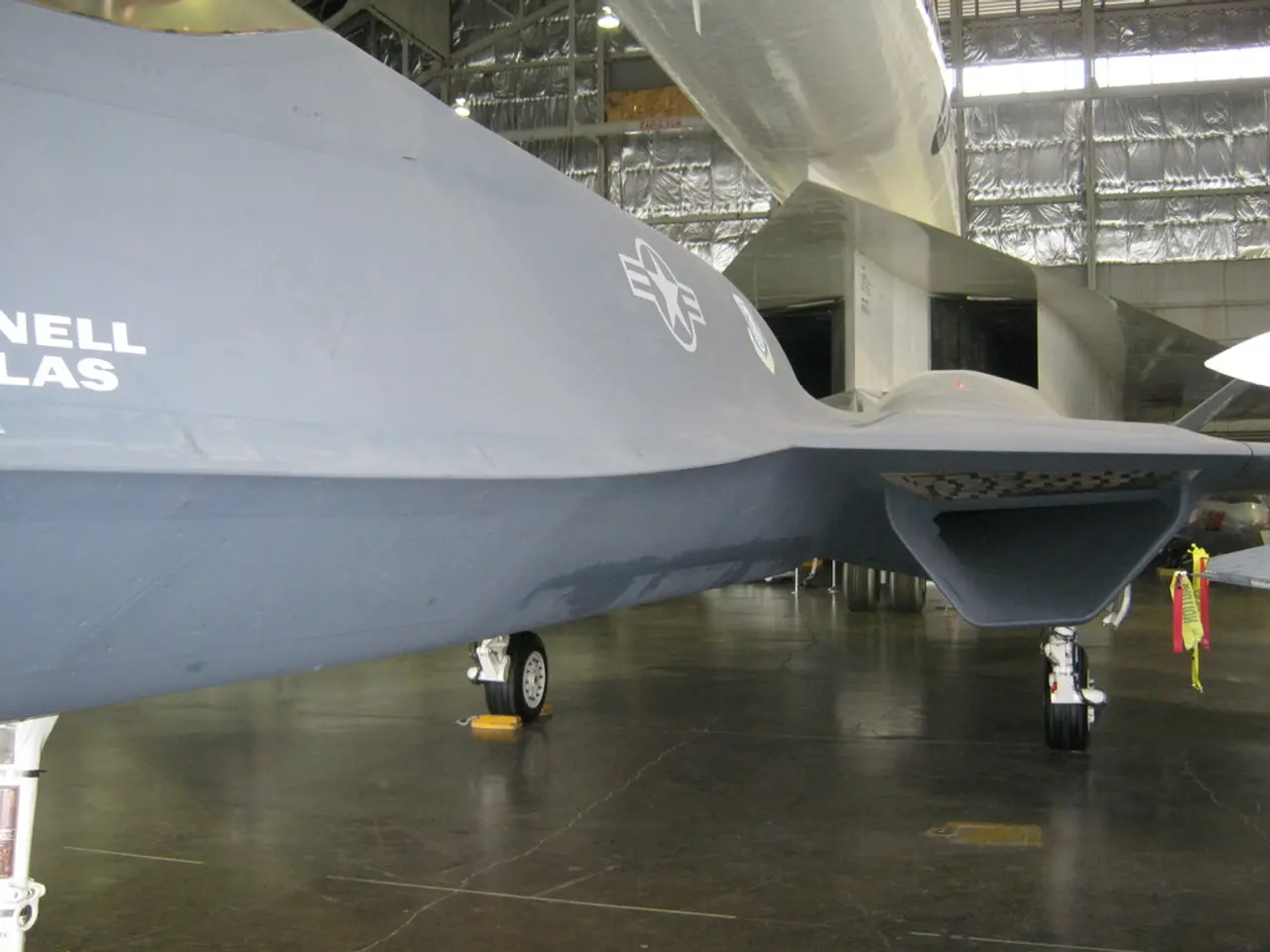Potential Impact of Southwest Airlines Staff Reductions on Customer Experience and Flight Operations?
Southwest Airlines, a well-known name in the aviation industry, has announced its first-ever mass layoffs, affecting approximately 1,750 corporate employees. The potential impact of these layoffs on customer service, flight schedules, and operational efficiency is significant and multifaceted.
Customer Service: The layoffs, focusing mainly on overhead and leadership positions, could reduce the capacity for customer support and responsiveness. This potential reduction might harm service quality, leading to customer dissatisfaction and loss of loyalty. In fact, 31% of consumers aware of Southwest's recent policy changes have chosen to fly other airlines or not fly at all due to these changes.
Flight Schedules: While the airline projects roughly flat flight capacity for Q3 2025, these operational changes and workforce reductions might impair scheduling flexibility and responsiveness to disruptions. However, Southwest has stated that the implementation of baggage fees has not caused operational issues so far. No direct evidence of flight cancellations or delays has been reported yet, but the loss of leadership and corporate staff may impact longer-term schedule management.
Operational Efficiency: The layoffs and new revenue initiatives, including baggage fees, are part of Southwest's broader $1.8 billion cost-cutting drive to restore profitability after post-pandemic struggles. While this could improve financial efficiency, operational risks exist. Large workforce changes may lead to knowledge gaps, diminished morale, or slower problem resolution. Furthermore, increasing customer dissatisfaction and departure of passengers may challenge operational stability and revenue.
As we move forward, passengers should remain vigilant, monitor service updates, and be prepared for potential adjustments during this period of transition. Longer response times for customer support may occur if the layoffs include customer service representatives or call center support staff. Operational delays could occur if internal corporate restructuring affects communication between departments.
Aviation industry analysts have mixed opinions on whether these measures will impact service. Some believe the airline will weather the transition smoothly, while others warn of unforeseen disruptions. Passengers may experience changes in Southwest's renowned customer-friendly policies due to cost-cutting measures. Delays in website and mobile app updates may occur if the layoffs include IT or digital support staff.
To minimize potential inconveniences, travelers should book flights early, check for updates from Southwest regarding any changes in policies or services, and use digital tools such as the Southwest app for self-service options. Scheduling and route adjustments might result from fewer employees managing flight schedules and route planning. Reduced flexibility in policies such as free checked bags and no change fees is a possibility.
Southwest Airlines is trying to reassure customers that these layoffs are part of a broader effort to streamline operations and ensure long-term sustainability. However, pilot and crew management challenges could lead to inefficiencies, potentially causing delays or staffing shortages during peak travel seasons. Only time will tell if the restructuring will introduce operational challenges for Southwest Airlines.
The airline aims to achieve cost reductions of around $300 million annually due to mounting financial pressures and demands from activist investors for improved profitability. The layoffs are primarily targeting corporate positions, not frontline employees such as pilots, flight attendants, or ground staff.
In conclusion, while the real test for Southwest Airlines will come during high-demand travel seasons, it is essential for passengers to stay informed about potential changes to service policies, flight schedules, or response times from customer support. Passengers should remain vigilant, monitor service updates, and be prepared for potential adjustments during this period of transition.
- Southwest Airlines' mass layoffs, focusing on corporate positions, may lead to a reduction in the capacity for digital customer support, potentially harming service quality and customer satisfaction.
- The operational changes and workforce reductions at Southwest Airlines might impair the flexibility and responsiveness of flight schedules, affecting the overall efficiency of the aviation industry.
- Reduced flexibility in business travel policies such as free checked bags and no change fees is a possibility due to the operational restructuring at Southwest Airlines.
- Management challenges in the pilot and crew sectors could lead to inefficiencies during peak travel seasons, potentially causing delays or staffing shortages at ports for travelers.
- In an effort to streamline operations and ensure long-term sustainability, Southwest Airlines is striving to achieve an annual cost reduction of around $300 million, with the layoffs primarily focusing on corporate positions, not frontline employees.




